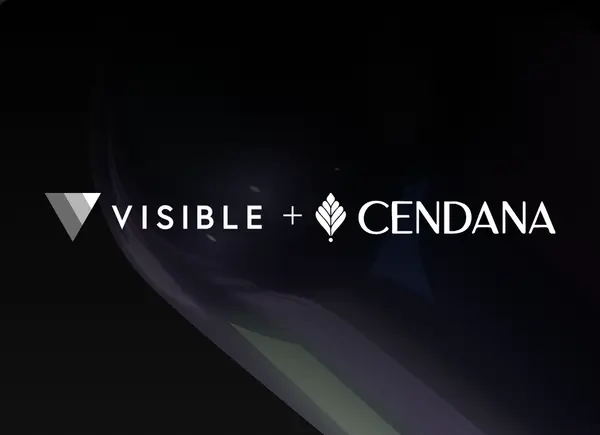Raise capital, update investors and engage your team from a single platform. Try Visible free for 14 days.
What are the advantages of angel investors?
When trying to get investors to fund your company, you should know that funding comes in a variety of flavors. You will have access to different types of investors depending on your industry, company stage, and size. A common question we receive when talking with new founders is about the difference between varying types of investors. In this post, we’ll explain the the differences between angel investors and venture capitalists and the advantages of angel investors.
Angel investors and venture capitalists have many things in common. In principle, VC’s and angels perform like functions – they invest in your company in exchange for a percentage of ownership. The amount of money they give and the total number of shares they take is dependent on their valuation of your company. To better understand the advantages of angel investors and VCs, we need to take a look at the differences between angels and VCs.
Angel Investors vs. Venture Capitalists
VC funds are often organized under the limited partnership (LP) model. They raise large sums of money from institutions – such as pension funds, endowments, and family offices, then invest that money in exchange for a share of the return & management fees (see this excellent article by Elizabeth Yin for a deeper explanation on how VC’s make money).This gives them incredible leverage and financing power, but often leaves them under the watchful eye of LP’s who want a return on schedule.
Angel investors usually operate under a different model. Most tend to be high net worth individuals, and in many cases have built and exited a company themselves. They need to be accredited investors who can stomach the inherent risks involved with early stage startups.
Because angel investors tend to have smaller sums to invest than VC funds, you’ll often find them in Pre Seed and Seed rounds. VC’s tend to participate across all rounds, but typically only they can afford to play the game in Series B and beyond, as the shear amount of money required tends to be out of the range of most angels.
How Angels and VCs Can Help
Angel investors can often play a role in providing crucial company building guidance in the early days. Because they tend to arrive on the scene early, they stand to make a massive return if your company succeeds. VC’s can be equally helpful, and they’ll sometimes place a member of their fund on your board who can assist in guiding the direction of your company. And, if you’re successful after raising funding from them, they’ll often provide and help orchestrate follow on investments as you continue to grow.
While you can benefit from raising from both angels and VC’s, it’s important that you be careful and seek to partner with investors who are high integrity. Some VC’s are known for asking CEO’s to step down the moment that things don’t go well, while angels can try to become too involved in the operation. There’s an apocryphal quote about the average founder / investor relationship being longer than the average marriage – we recommend keeping that in mind when doing diligence on your angel investors and venture capitalists.
Advantages of Angel Investors
While you can benefit from raising from both angels and VC’s, it’s important that you be careful and seek to partner with investors who are high integrity. Some VC’s are known for asking CEO’s to step down the moment that things don’t go well, while angels can try to become too involved in the operation. There’s an apocryphal quote about the average founder / investor relationship being longer than the average marriage – we recommend keeping that in mind when doing diligence on your angel investors and venture capitalists.
What Kind of Money Do You Want?
Not all investments are created equally. Do you want an investor that will write you a check and leave you alone? Are you interested in ‘smart money’ that will help you build your company? Do you want mentorship in exchange for a board or advisory seat? No one can answer these questions for you, but it’s important to keep it them mind when evaluating the pros & cons of angel investors vs venture capitalists. Fundraising is one of the hardest jobs in the world – you should try to make it worth it.
To learn more about fundraising, subscribe to our weekly newsletter here.



